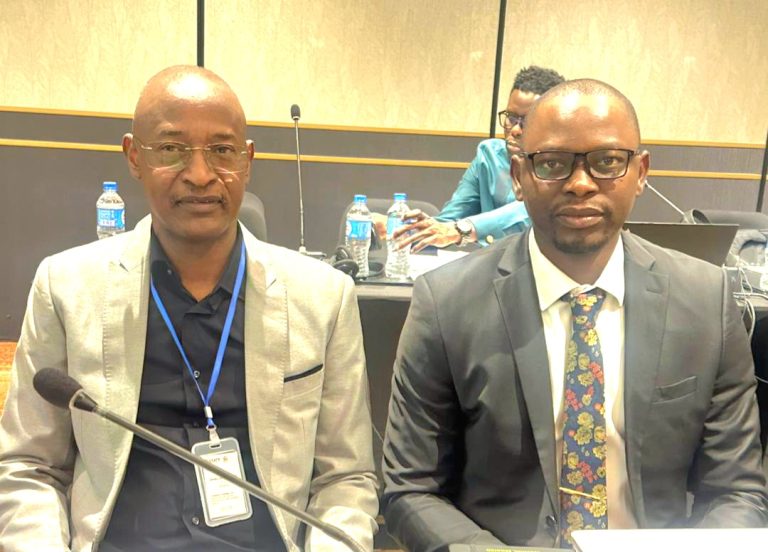By Ibironke Ariyo
Civil society organizations (CSOs) and non-governmental organizations (NGOs) across Africa are calling for immediate and coordinated action by governments to reduce the alarming rate of road traffic deaths on the continent.
This urgent appeal was made during the first General Assembly of the African Association of Road Safety Lead Agencies (AARSLA) held in Lusaka, Zambia. At the event, Nigeria was elected Secretary and host of the AARSLA Secretariat, a position considered crucial in shaping road safety initiatives across Africa.
In a statement released in Abuja, Dr. Yusuf Suberu, a representative of Nigerian CSOs and founder of the Dr. Yusuf John Suberu Foundation, described Nigeria’s new role as a significant leadership opportunity to advance effective road safety reforms continent-wide.
According to Suberu, the gathering brought together top government officials, transport agencies, and development partners to align strategies that will cut road crash fatalities and improve traffic safety standards. The focus areas include policy harmonization, safety education, infrastructure upgrades, and grassroots engagement.
“The current scale of road crashes in Africa demands more than speeches,” said Suberu. “It requires swift, collaborative, and measurable interventions.”
He emphasized that road safety must be treated as a developmental, public health, and humanitarian priority, urging African governments to partner with civil society in implementing long-term, life-saving solutions.
Dr. Suberu also highlighted the role of CSOs and NGOs in **community-based education, youth engagement, post-crash support, and law enforcement collaboration. He shared how his foundation has led awareness campaigns, training for traffic personnel, and aid to accident victims, especially in underprivileged areas across Nigeria.
As Nigeria assumes leadership of the AARSLA Secretariat, Suberu noted that the responsibility requires transparent execution, sector-wide collaboration, and concrete results such as fewer road deaths and safer roads.
“We now have a continental
mandate,” he stated. “This moment must translate into action: empowered drivers, protected pedestrians, and engaged communities. Civil society is ready to deliver solutions—governments must now open the doors.”
He further commended the Corps Marshal of the Federal Road Safety Corps (FRSC), Malam Shehu Mohammed, for ensuring that civil society voices are included in policy conversations and for modernizing road safety management in Nigeria.
In his remarks, Malam Shehu Mohammed, who led Nigeria’s delegation to the AARSLA Assembly, reaffirmed Nigeria’s readiness to drive results. He pointed to the FRSC’s achievements in areas such as digital crash data systems, vehicle inspections, and faith-based road safety advocacy.
“Nigeria’s experience gives us an edge in developing scalable road safety solutions,” Mohammed said. “We’ll continue to build partnerships with civil society and lead by example on the African stage.”
The News Agency of Nigeria (NAN) reports that AARSLA will oversee the harmonization of road safety laws, enhance accident data analysis, promote public education, and build national capacity across the continent for better safety enforcement.



